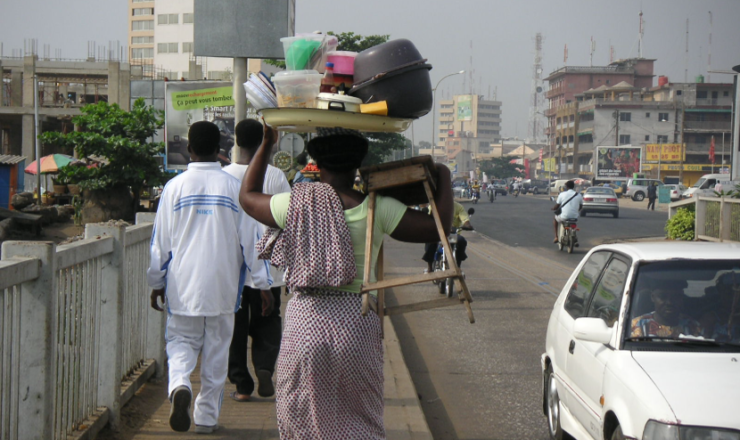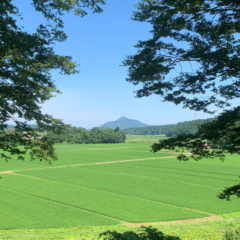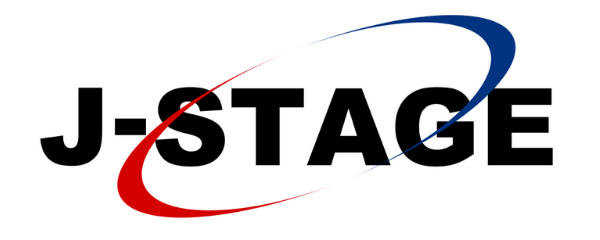[Obituary] Dr. Yumiko Tanaka
It is with great sadness and grief that we inform you of the passing of Dr. Yumiko Tanaka,JICA Senior Gender Advisor and Visiting Professor at Josai International University on September 26, 2023. Yumiko Tanaka has long been a valuable JASID member and active representative of the Gender and Development Research Group. Yumiko Tanaka served as Director of the Social Development Department, International Cooperation Specialist (Gender and Development), and Senior Gender Advisor at JICA. She...
[RG23-1] Gender and Development
The enhancement of gender equality and women’s empowerment is an important issue to be addressed by the global community. It is also the target of an independent goal, Goal 5, and considered from a cross-disciplinary perspective to tackle other goals in the Sustainable Development Goals (SDGs). The concept of ‘Gender and Development’ has been adopted since the 1970s. It has made women visible in the development field and raised awareness of gender issues in...
Activity Report of the Research Group: ”Innovation and Development for Solving Social Problems”
Activity Report in the FY 2022 (Oct. 2021-Sept. 2022) IDSSP (Innovation and Development for Solving Social Problems) was launched in January 2022 after its establishment was approved in the 32nd Annual Conference of JASID in Nov. 2021. This research group was created to provide a platform for researchers in the field of international development to exchange ideas and share knowledge on the process of solving social issues, which are commonly observed in the World,...
[RG22-2] Innovation and Development for Solving Social Problems (IDSSP)
There are social problems which have been commonly observed in the global society. Some social problems persist for decades. At the same time, there are relatively new social problems, which emerged only recently. The former types of social problems can be largely divided into two groups; one involves those, which exists but are not understood or recognized fully and another includes those, which are recognized quite well and whose solutions have been discussed or...


![社会課題解決のための開発とイノベーション [FY2022-]](https://jasid.org/wp/wp-content/uploads/2021/11/eye-Solving-Social-Problems-740x440.png)
![社会課題解決のための開発とイノベーション [FY2022-]](https://jasid.org/wp/wp-content/uploads/2021/11/eye-Solving-Social-Problems-240x240.png)





